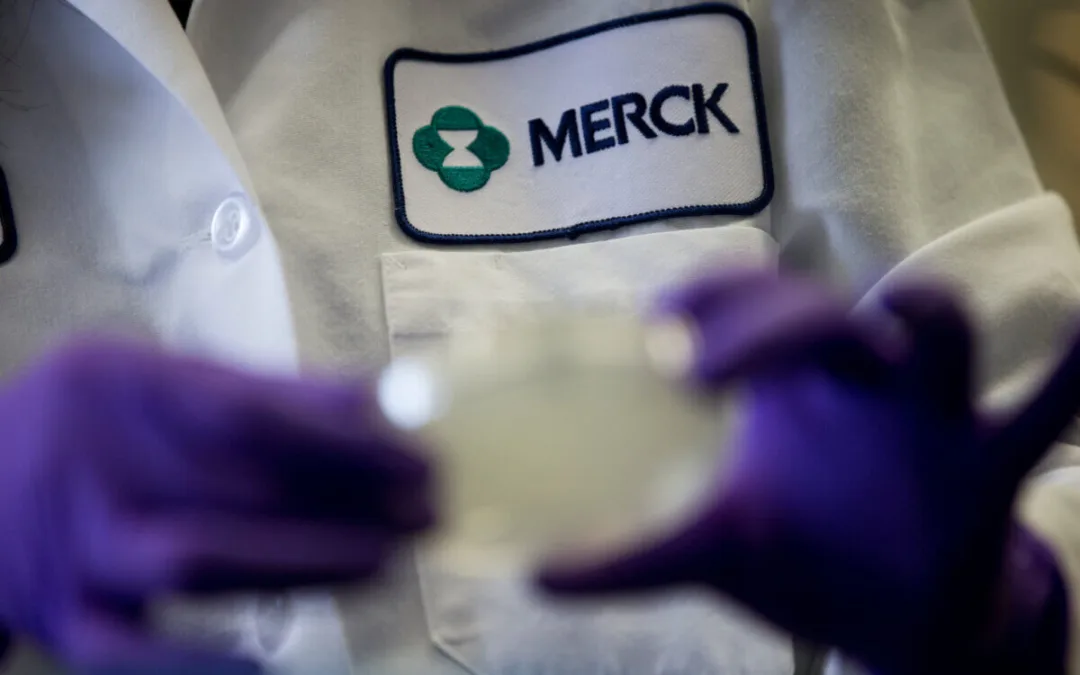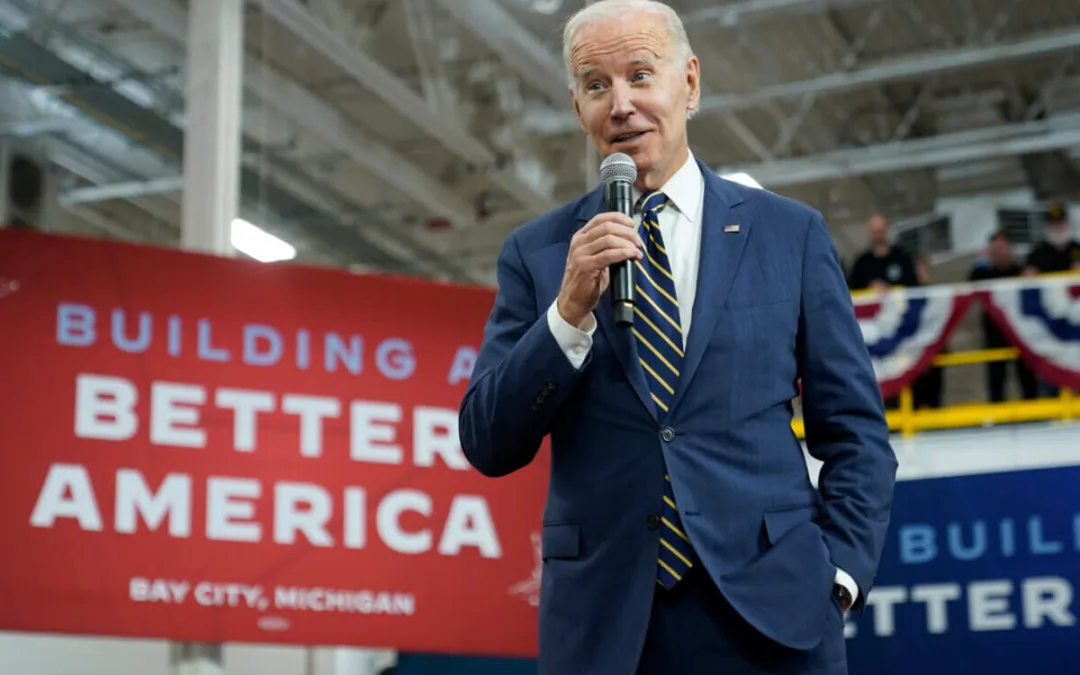
Image via Shutterstock
With 1.2 million Puerto Ricans in the Sunshine State, nearly one in five Hispanics in Florida is Boricua, a third of the entire Latino electorate in the state.
FLORIDA— Although Puerto Ricans on the island can’t cast a vote for president of the United States, in Florida —just by the sheer force of numbers— Boricuas could be a decisive factor in the 2020 November presidential election. The question is: will they wield that power? And if they do swing the state, in which direction will it go?
RELATED: Here’s Everything Florida Voters Need to Know About Voting by Mail
According to a University of Florida estimate, after Hurricane María devastated the island in 2017, 30,000 to 50,000 Puerto Ricans came to Florida, raising the Puerto Rican population in the state to over 1.2 million. This means that nearly one in five Hispanic people in Florida is Boricua.
But how that influx will impact the 2020 presidential election in November is one of the big questions that many wonder about red-leaning Florida, a key battleground state with 29 electoral votes that could very well decide who sits in the White House.
A Weak Voter Turn Out
The crux of the problem seems to be that compared with other Hispanic groups in Florida, Puerto Ricans have weaker voter turnout, said Daniel Smith, chairman of the political science department at the University of Florida.
Smith analyzed Florida precincts with Puerto Rican-born registered voters who voted in the 2016 general election, and found that of the more than 180,000 Puerto Rican-born voters in his database, only 62% voted in 2016. By comparison, that same year roughly 75% of the Cuban-born naturalized citizens in his database turned out to vote.
“Stateside elections are different from Puerto Rico, where there is one big election every 4 years. Recent arrivals are surprised about the number of local and state elections that run on different cycles,” Fernando I. Rivera, Professor of Sociology and Director of the Puerto Rico Research Hub at the University of Central Florida told The Americano.
But according to Rivera, there is another, more pervasive reason.
“A lot of Puerto Rican voters are also disillusioned with the political process, which they feel is responsible for the fiscal crisis and negligent response to Hurricane Maria and other emergencies,” he said. “Also, some of the outreach to voters, both Democrat and Republican, seems to be cosmetic, e.g., bringing a political figure from Puerto Rico for a photo op and endorsement, not necessarily providing a platform that speaks to the Puerto Rican community.”
How Will They Vote?
Still, Rivera believes they can be persuaded to vote if candidates “speak to the issues that they care about such as education, employment, and housing among others.”
But which way will they cast their ballot? According to the Florida Secretary of State, there were about 107,600 newly registered Hispanic voters in 2019. Thirty-three percent registered as Democrats, and 18% as Republicans. But the majority—a whopping 46 percent—were registered as No Party Affiliation, or NPA. (NPA voters can’t vote in primary elections, but they can cast ballots in the general election.)
RELATED: BREAKING: Biden Selects Sen. Kamala Harris as Vice President
In Central Florida, where more than 1 million Puerto Ricans have established homes, many choose to register without party affiliation.
“The number of NPAs might be due to the fact that a majority of Puerto Rican eligible voters are island born where political affiliation is based on status considerations for the island and not the democratic/republican dichotomy,” says Rivera.
As They Acclimate
However, a study conducted by Scholars Strategy Network (SSN) concluded that although over a third of Puerto Rican respondents did not claim a party affiliation, the research suggested that most will become affiliated the longer they live on the mainland.
According to the SSN study, 60% of the remaining two thirds of respondents identified as Democrats, while 40% identified as Republicans. In general, men were more likely to identify as Republicans, while women were more likely to identify as Democrats. This seems to suggest that the presidential election could be decided by those who, at this time, remain undecided.
However they choose to cast their ballot, Rivera believes that Puerto Ricans could be a determining factor in the November election.
“Absolutely! Puerto Ricans make almost 20% of all Hispanic eligible voters and are concentrated in the I-4 corridor. If Puerto Rican voter turnout is high, it can potentially be a deciding factor in this election,” he concluded.
Politics

Teamsters and UPS Reach Tentative Deal to Avoid Strike, 340,000 Workers to Get Raises
The tentative deal represents a huge win for full- and part-time UPS Teamster workers, who would get significant pay raises and better working...



One Republican Senator Is Blocking 265 Military Promotions, Leaving the Marines Without a Confirmed Leader
Sen. Tommy Tuberville's decision means these military officers are not getting the pay raises they’re owed, cannot move their families to wherever...
Local News



Teamsters and UPS Reach Tentative Deal to Avoid Strike, 340,000 Workers to Get Raises
The tentative deal represents a huge win for full- and part-time UPS Teamster workers, who would get significant pay raises and better working...



One Republican Senator Is Blocking 265 Military Promotions, Leaving the Marines Without a Confirmed Leader
Sen. Tommy Tuberville's decision means these military officers are not getting the pay raises they’re owed, cannot move their families to wherever...




